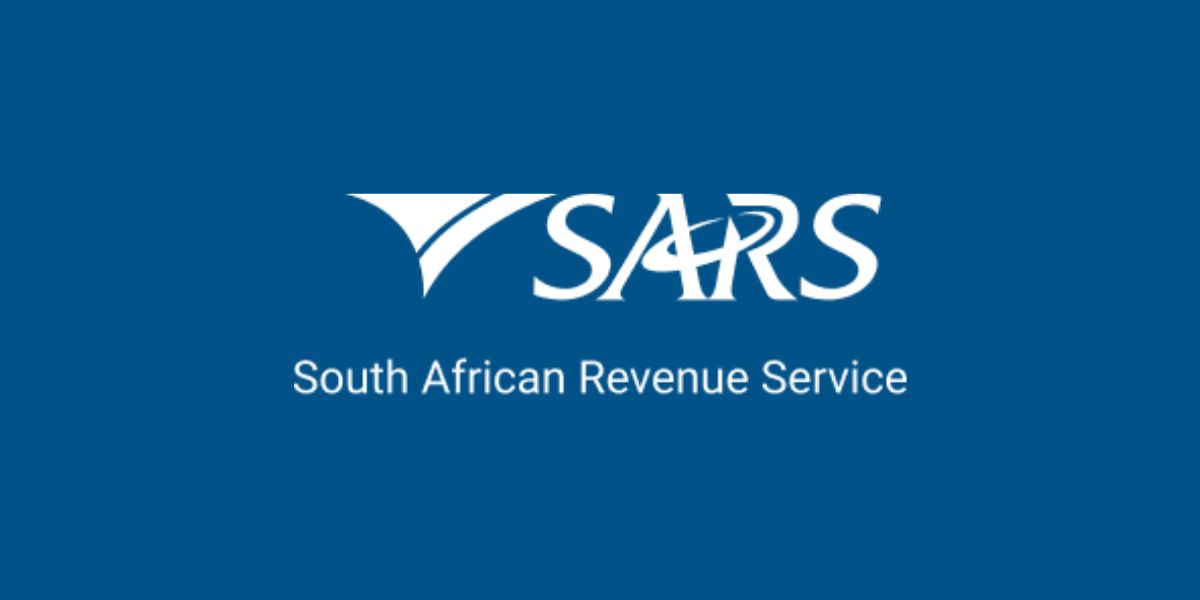The South African Revenue Service (SARS) has issued a draft interpretation note for comment on the rebates and deductions available in the country’s tax code for foreign taxes on income. The note points out that residents of South Africa are subject to income tax on their worldwide taxable income, regardless of the source of the income. Foreign-sourced amounts derived by a resident may therefore be taxed by the country of source and by the country of residence. Owing to the risk of double taxation many countries provide for relief for the resulting double taxation by way of a tax treat. Many other countries (including South Africa) also provide unilateral tax relief in their domestic law.
South Africa generally provides relief to its residents from double taxation in its tax law by way of three different tax credit and deduction methods for foreign taxes on income. The credit and deduction methods are also supplemented by a number of exemptions for foreign-sourced amounts received by or accrued to residents. The principal tax credit mechanism involves relief for foreign taxes proved to be payable on income derived from a foreign source that is included in a resident’s taxable income.
Foreign taxes paid on South African-sourced service income included in a resident’s taxable income may qualify for a tax credit or a deduction, and, in these circumstances, the resident taxpayer may choose the credit or the deduction, but not both. The final tax deduction provides for relief from foreign taxes paid on foreign dividends paid by a non-resident company listed on the Johannesburg Stock Exchange to a resident. Therefore, a resident who earns multiple amounts during a particular year of assessment, each with its own foreign tax liability, could possibly apply a combination of the methods of relief, depending on the particular amount.
There are also a broad range of tax exemptions for certain types of foreign-sourced income and capital gains received by or accrued to a resident. For example, there are exemptions for foreign dividends when a resident (whether alone or together with any other company forming part of the same group of companies as that person) holds at least 10 percent of the total equity shares and voting rights in the foreign company declaring the foreign dividend, or when the dividends relate to amounts previously included in the income of a resident under South Africa’s CFC rules.
There is also an exemption for remuneration income received or accrued by a resident employee for services that were rendered outside South Africa during a period exceeding 183 full days in aggregate during a 12-month period and for a continuous period exceeding 60 full days during that period.
Other exemptions are available for pensions derived by a resident from a source outside South Africa for past services rendered outside South Africa, and from capital gains tax arising from the disposal of equity shares in foreign companies by a resident if certain requirements are met.













